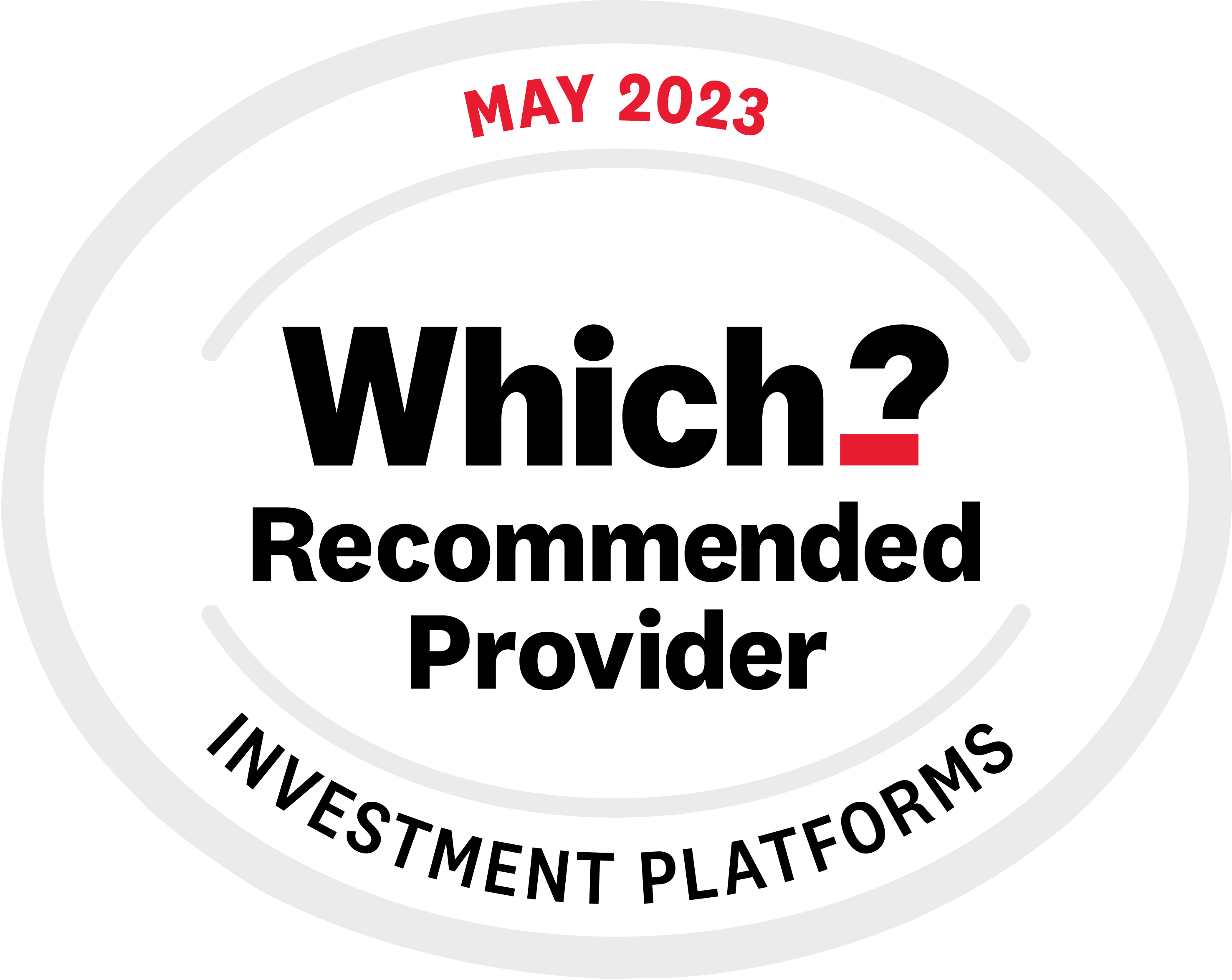Pensions for the self-employed
Here to help you get started on saving for your retirement
Remember the value of your investments can go down as well as up and you may get back less than you originally invested. Pension and tax rules apply.
If you work for yourself, you can be forgiven for putting pensions in your ‘low priority’ pile. While employees have the luxury of auto-enrolment and a HR department, you have to do it yourself. And given the ups and downs of freelance life, putting your hard-earned income in a pot you can’t touch for decades doesn’t seem so appealing.
But a pension is no ordinary pot. The more you put into it, the more you get from the Government in tax relief, meaning even modest amounts could grow big by the time you retire. And managing it yourself is easier than you might think. A Self-invested personal pension, or SIPP, lets you control how much to put in and where to invest it – and you can get started with as little as £25 a month.
-
Advantages of a SIPP if you’re self-employed
-
Control how much you pay in - put in as much as 100% of your annual earnings (usually capped at £60,000), or as little as £25 a month with our regular investment service
-
Choose where it’s invested - we offer a huge range of shares, funds and much more - or you can get a helping hand with our investment ideas
-
Transfer in other pensions - consolidating your pensions can make them easier to manage. And we do the hard work when you transfer to us
-
Know what charges you’re paying - with AJ Bell you can deal from just £1.50. See our charges and rates
-
Long-term flexibility - you can tweak the amount you’re paying in at any time, and transfer your SIPP elsewhere if your circumstances change
More on our SIPP
What are the tax benefits of a pension?
Being your own boss means that typically you won’t have an employer who’ll pay into your pension. But you’ll still qualify for the various tax perks a pension brings. And they’re very generous:
Tax relief
When you pay into your pension, you’ll receive basic-rate tax relief from the government. In most cases, that means a boost of 25%. So if you pay in £80, the government add £20.
Are you a higher or additional rate taxpayer? Then you can claim back even more tax relief on your self-assessment tax return. Keep in mind there are limits on the amount you can pay into your pension and receive tax relief – we’ll outline them later on this page.
Money grows tax-free
Pensions, like ISAs, are a wrapper that protects your money from tax. In a pension, you won’t pay income tax or capital gains tax on your investments, however much they might grow.
Take 25% tax-free in later life
You can access the money you save in a pension from age 55 (rising to 57 in 2028). And when you do, you can take 25% of your pot tax-free. When you access the rest, you’ll pay income tax on it at your marginal rate.
Pay profits into your pension
Own your own business? There can be tax advantages to paying your salary directly into your pension.
These benefits are twofold. Profits you’re able to pay directly into your pension as an employer contribution no longer count as profits, which reduces your business’s liability for corporation tax. And as you’re not taking the profit as income now, you’ll lower your personal liability for income tax.
Episode 6: Pensions for the self-employed
In this episode, our experts debate the benefits of self-employment and the obstacles it throws up when you’re saving for retirement.
Listen to our Investing Essentials podcastExample: Assuming you’re a higher-rate taxpayer and expect to turn a profit of £20,000 in the 2023/24 tax year

If you’re able to pay the entire £20,000 profit from the company, directly into a pension as an employer contribution, the company shouldn’t have to pay any tax or employer National Insurance on the contribution. The money will be able to grow tax-free, with tax only coming into play when you come to make a withdrawal from age 55 (rising to 57 from 2028).
In comparison, if you were to take the profit as additional salary (assuming the entire £20,000 remains in the higher-rate tax band), you’ll have to pay at least £400 in employee National Insurance and £8,000 in income tax. In addition, the business will have to pay employer National Insurance at 13.8% (£2,760).
And if you decide to take the £20,000 profit as a dividend, corporation tax will first be levied at 19%, reducing the payment to £16,200. You’ll then pay a tax of 33.75% on the dividend above £1,000 (the dividend allowance), meaning you’ll end up receiving £11,070 after tax.
How much can I pay into my pension?
How much you can pay into your pension depends on your earnings and the tax bracket you fall into. Each tax year, you can typically pay in up to 100 per cent of your earnings including any tax relief, up to £60,000. This limit, known as the ‘annual allowance’ applies to all contributions made to your pension – whether by you or by your company.
Your annual allowance will be lower than this, however, if you have earnings exceeding £260,000 a year or, usually, if you have already taken an income from your pension plan.
What counts as earnings?
For self-employed people, 'earnings' will be the profits less costs and expenses you report on your self-assessment tax return. As a rule of thumb, most earned income will be counted, but dividends and (most types of) rental income won’t be included.
Can I make employer contributions?
If your business is a limited company, you can make employer contributions to your pension. These contributions are deducted from your total profits and won’t therefore be liable to corporation tax. Just remember that employer contributions will also count towards your annual allowance.
Unlike salary payments, employer pension contributions aren't liable for employer's National Insurance (of up to 13.8%). And as it is an employer contribution, you won’t be liable to income tax or National Insurance on the contribution as an employee.
Learn more about paying into your pension.
Can I get more help with my pension?
Yes, you can. MoneyHelper is a government service that offers free, impartial pension help to all. On their website you’ll find guides on many pension topics, or you can speak to one of their pension specialists for free.
Free and impartial help with money, backed by the government | MoneyHelper
Why choose an AJ Bell SIPP?
-
Low cost - buy and sell investments for as little as £1.50
-
Help if you need it - leave a little, or a lot, of the work to our specialists with our investment ideas
-
Award-winning service - the first company to offer a SIPP online, we’ve won regular awards over the years for best SIPP
-
Deal on the go - put your portfolio in your pocket with our mobile app
Have a question we haven’t answered here? Send a message to our product specialists. They'll aim to get back to you within one business day.
We'll help you get investing
For over 25 years, AJ Bell has made investing simple and affordable. We’re a 5x Which? Recommended Provider, with an award-winning range of accounts.
Can we help?
If you’d like more information about AJ Bell’s accounts and services, get in touch with our friendly customer services team - we’re here to help.




